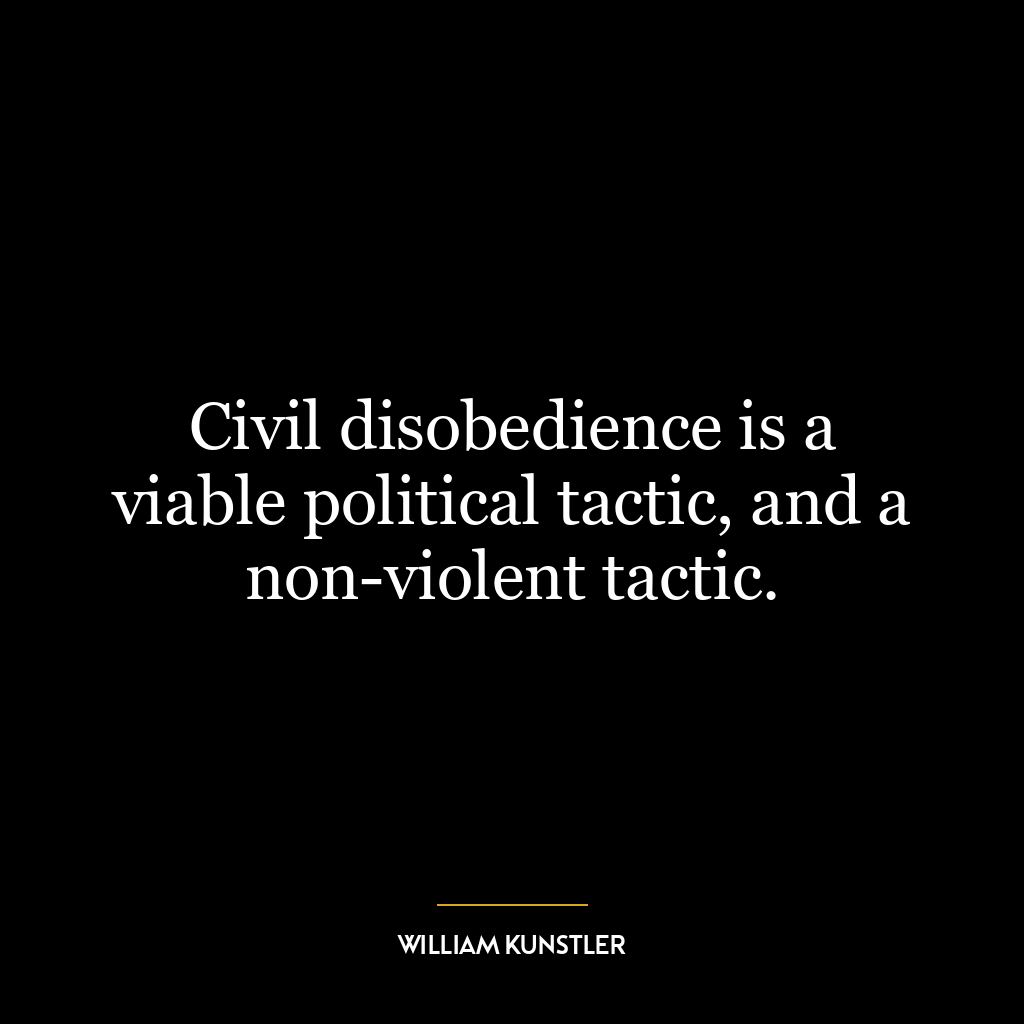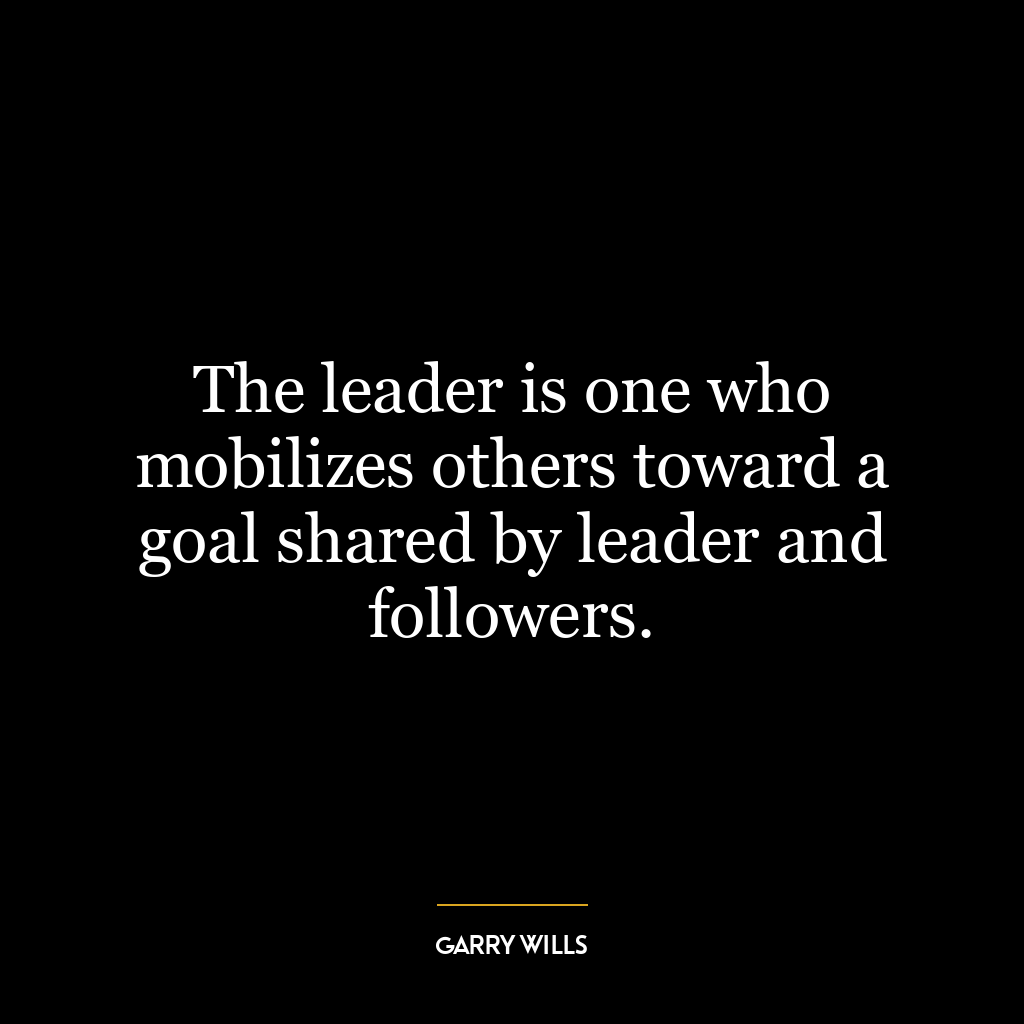Non-co-operation is the quickest method of creating public opinion.
This quote refers to the power of non-cooperation as a tool for social change. In essence, it suggests that by refusing to participate in or support systems, practices, or ideologies that are unjust, individuals and communities can expedite the process of shaping public opinion.
Non-cooperation is not merely about dissent or disobedience; it’s an active engagement in resistance. It is a way of drawing attention to issues and creating a platform for discussion and debate. By choosing not to comply with something one deems unfair or unethical, one essentially challenges the status quo and forces others to question why such non-compliance is happening. This questioning then leads to dialog which can result in changes in public opinion.
In today’s world, this principle can be seen at work in various forms of peaceful protests and civil disobedience movements – from climate change activism where people refuse to contribute towards environmental degradation through their lifestyle choices; boycotts against companies with unethical business practices; even digital ‘cancel culture’ can be seen as a form of non-cooperation where people collectively withdraw their support from public figures who have acted problematically.
On a personal level, practicing non-cooperation might involve standing up against discriminatory behavior within one’s own social circles or refusing to engage with media platforms that promote harmful stereotypes. Non-cooperation could also take the form of conscious consumerism – choosing not to buy products from companies whose values do not align with your own.
The key takeaway here is that every act of non-cooperation matters: each refusal adds up and contributes towards creating an environment where unjust practices cannot thrive unchallenged. It underscores our individual responsibility and potential impact on societal norms through our actions (or lack thereof).









